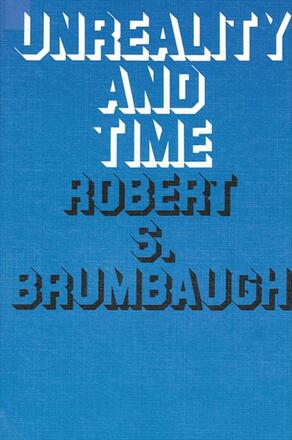
Unreality and Time
Alternative formats available from:
Description
This book recognizes and questions a key assumption about time which is shared by common sense and philosophy—the assumption that time, like a single substance or a homogeneous quality, is subject to the law of contradiction. This leads to the logical conclusion that among different and mutually exclusive accounts of time, whether in science, practical action, or fine art, only one can be the "right" one. Four such accounts are shown here to be internally consistent though mutually incompatible, suggesting that the initial assumption is mistaken, and that in some way each alternative concept of time must be incomplete. Brumbaugh suggests that we must choose the one appropriate to a particular purpose: artistic creation, technological efficiency, discovery of mathematical laws of nature, or work with biological and social phenomena. The selection should allow coherence between that aspect of reality which the selected time concept emphasizes, and the aspect of reality most relevant to a successful execution of our purpose.
Reviews
"The understanding of time proves an even more complex enterprise than any past explanatory definitions, models, or metaphors have suggested. Such an understanding, however, promises to give us more insight and control than the history of past discussions of time would have allowed us to hope. " — Robert S. Brumbaugh